If you are a cat lover, definitely you want your furry friend to always be healthy. But what if one day you see your cat suffering from sneezing, runny nose and watery eyes? These signs and symptoms will definitely worry you. Most cat owners deal with this kind of situation frequently. So it is best to equip yourself with knowledge regarding sneezing and watery eyes on your pet. Below are the 5 common causes of these conditions and ways to treat them.
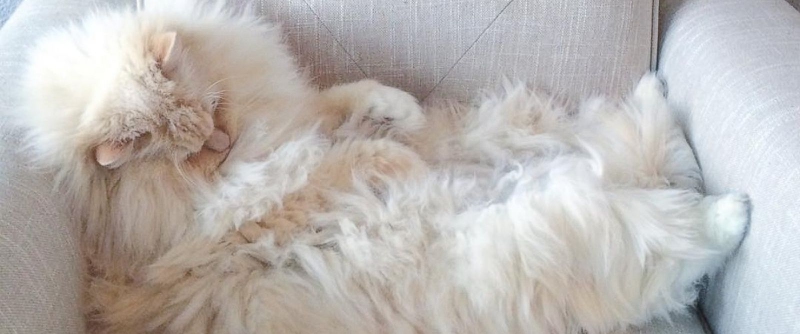
Upper Respiratory Infection
Symptoms
Frequent sneezing with spasms
Watery, bloody, or thick and yellowish, green or clear nasal or ocular discharge
Frequent swallowing and coughing
Lack of energy
Loss of appetite
Increased body temperature
Droopy eyes suggesting dehydration
Treatment
For immediate care, clean the eyes and nose with cotton moistened with warm water, warm your cat’s food to help bring back his appetite and, always make fresh drinking water available
Drain your cat’s nasal passages with warm moist air with the help of a vaporizer. This will also clear the sinuses of your cat. Visit the veterinarian if things don't get better.
Sneezing, watery eyes and runny nose may also cause secondary bacterial infections. In this case, your veterinarian will prescribe antibiotics for your four-legged friend. And your cat’s immune system will take care of virus infection.
The veterinarian may also recommend hospitalization if your cat is dehydrated or not eating. Your cat will be given IV fluids and some vitamins until it regains itss strength and appetite.
Herpes in Cats
Symptoms
Excessive sneezing
Ocular and nasal discharge
Inflammation, lesions and ulcers in and around the eyes
Nasal congestion
Increased body temperature
Loss of interest to play and preferring hiding instead
Squinting
Drooling
Lack of energy
Treatment
Symptomatic treatment is usually done when a cat is infected with the virus. Antibiotics and antiviral drugs are given to help alleviate the symptoms. Eye drops or ophthalmic creams may also be used for eye irritations.
Always remember that before giving any medication to your cat, make sure you have discussed this with your veterinarian. You may also talk to your veterinarian about available vaccines to prevent feline herpes. Regular vaccination will surely save your cat from this kind of viral infection.
What if you think the virus is on your cat? Sneezing, watery eyes and runny nose should not be taken for granted, if you see these symptoms, take your cat to the veterinarian immediately.
Allergy in Cats
Symptoms
Excessive sneezing, coughing or even wheezing
Excessive scratching
Watery eyes
Itchiness around the ears, eyes and back or base of the tail
Vomiting
Loose bowel movement
Inflamed paws or paw chewing
Inflamed throat characterized by snoring
Treatment
The secret in treating allergies is by eradicating the allergens and treat the symptoms:
For fleas, a flea control program is the best way to prevent them, like applying flea-prevention products monthly on your cat's skin.
Prepare a dust-free and an unscented litter. Added fragrancy on scented litters might be the one causing allergies to your cat.
Always clean the beddings of your pet and other materials that gather dust at least once a week.
Bathe your pet once or twice a week to remove allergens and to relieve skin itching.
For food allergies, visit your veterinarian at once.
Some medications in treating allergies on cats are steroids, antihistamines and fatty acid supplements. Never give your cat medications without consulting your veterinarian.
Feline Infectious Peritonitis
Symptoms
Sneezing
Watery eyes
Runny nose
Vomiting
Diarrhea
Fever
Weight loss
Loss of appetite
Dyspnea
Eye problems such as discharge and blindness
Seizures
Staggering gait
Swollen abdomen
Lack of energy
Treatment
Although symptomatic treatments may be given to make the cat more comfortable, there are no known treatments for this kind of infection. There is a vaccine against this virus but studies are still being conducted to eventually fight this disease. The mortality rate of this infection is almost 100%. Once diagnosed, the cat may live for a week to a year.
Conjunctivitis in Cats
Symptoms
Eye discharge
Swollen and red conjunctiva
Too much blinking and squinting
Uncontrollable rubbing at the eye
Nasal discharge
Sneezing
Treatment
Ordinary cases of conjunctivitis may be treated with the use of a saline solution which will be flushed into the eyes. Eye irrigations and warm soaks may also be used for purulent conjunctivitis.
The use of antibiotics or ophthalmic ointments may also be recommended by your veterinarian and some antiviral eye medications.
Now that you’ve learned about possible infections on your cat, sneezing, watery eyes and runny nose should not be taken for granted as this may be a sign of a serious condition which can take your cat away from you. Of course, all of us do not want to lose our furry ball of joy, so be sure to take great care of your cute cat.





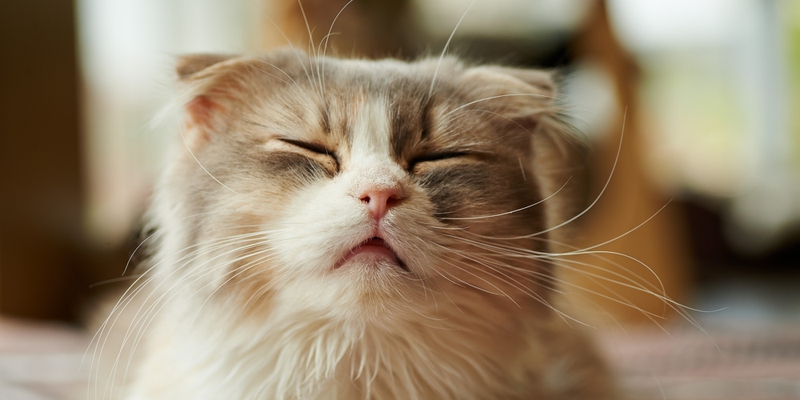
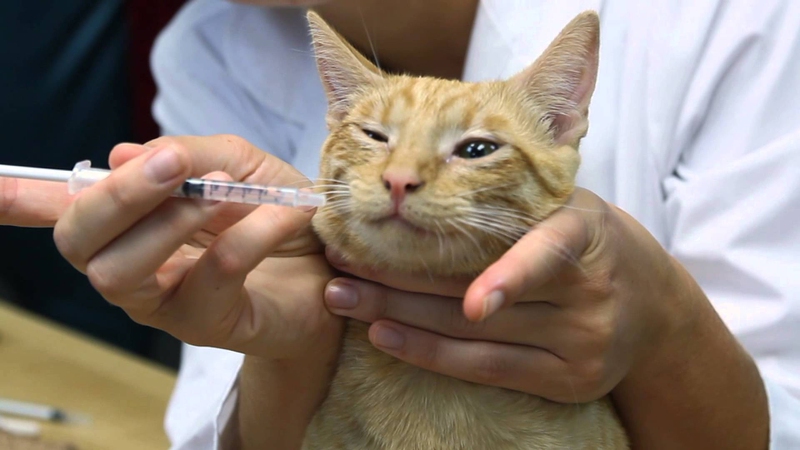
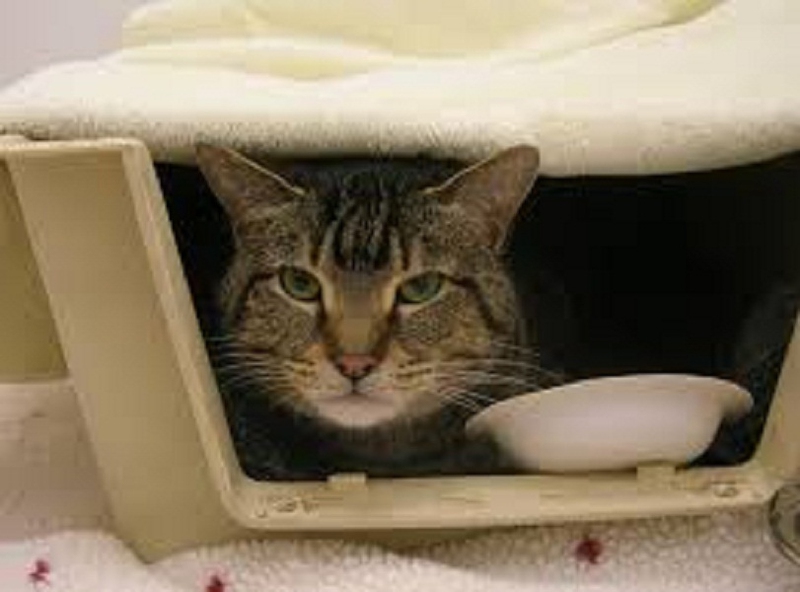
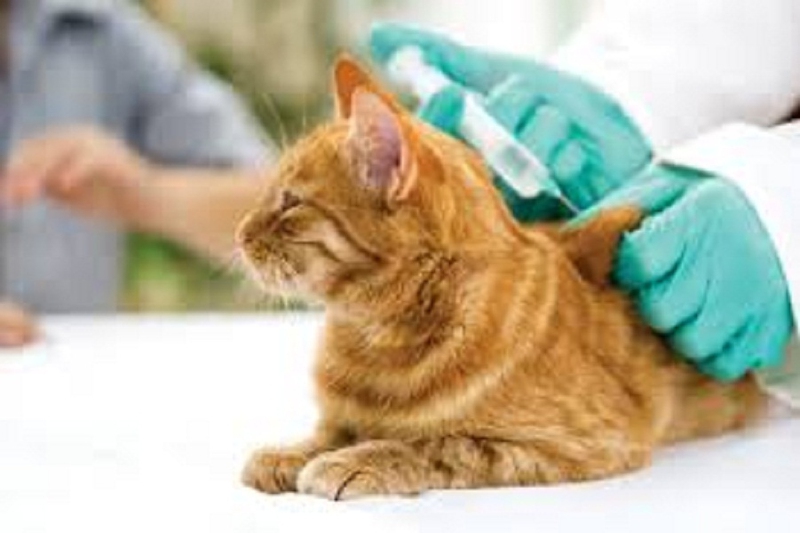
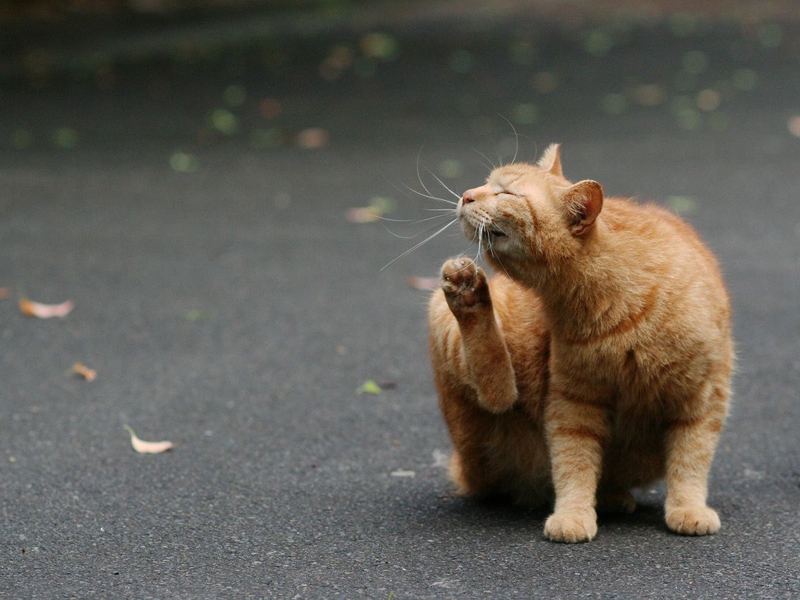
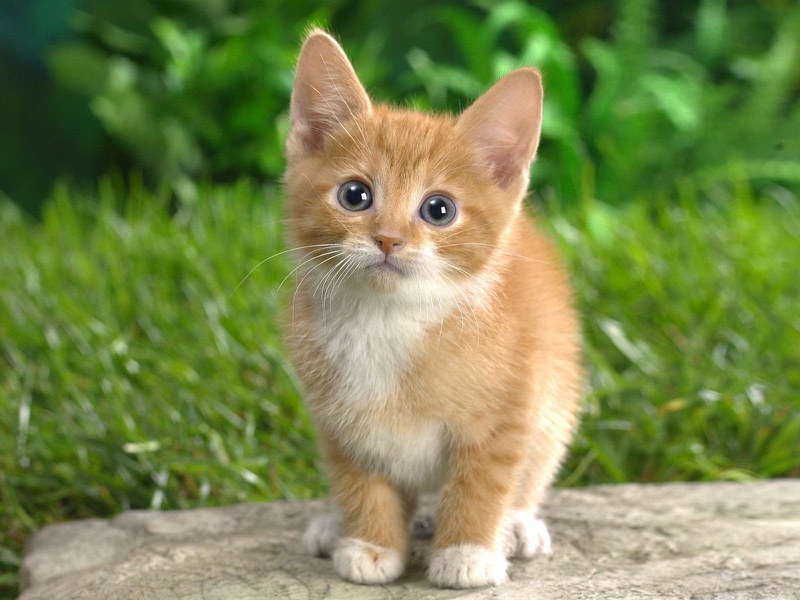
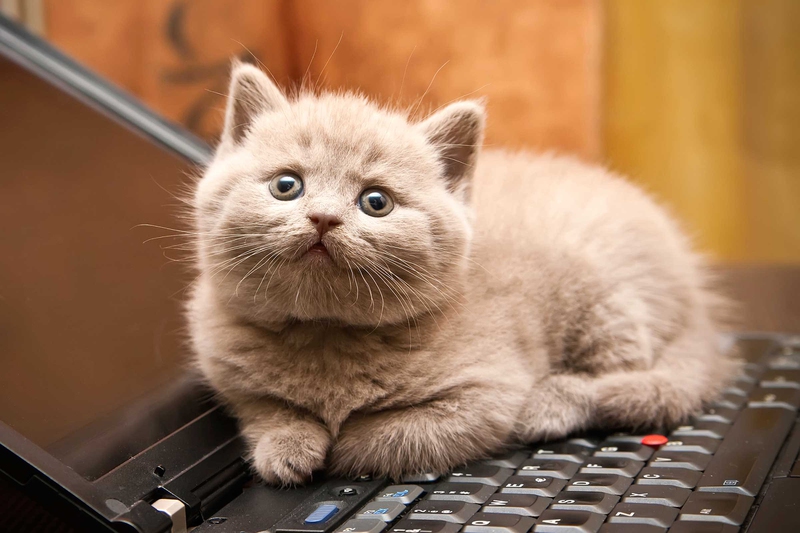
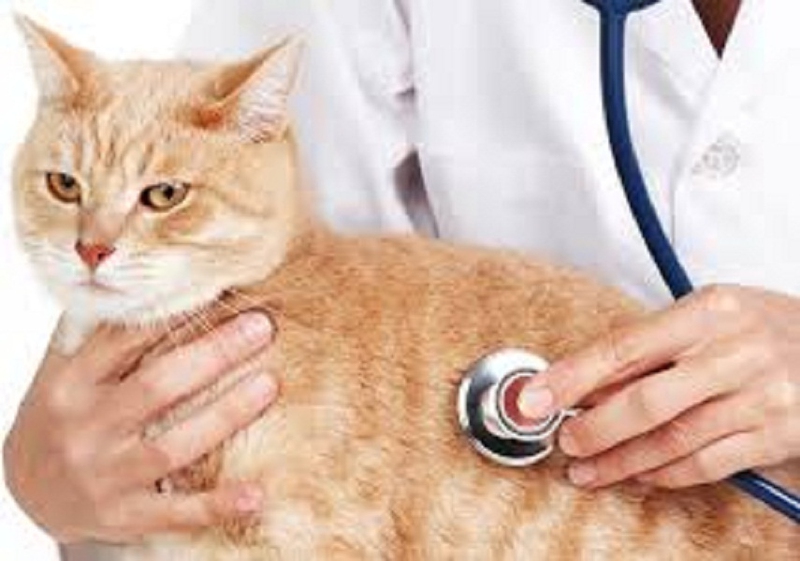
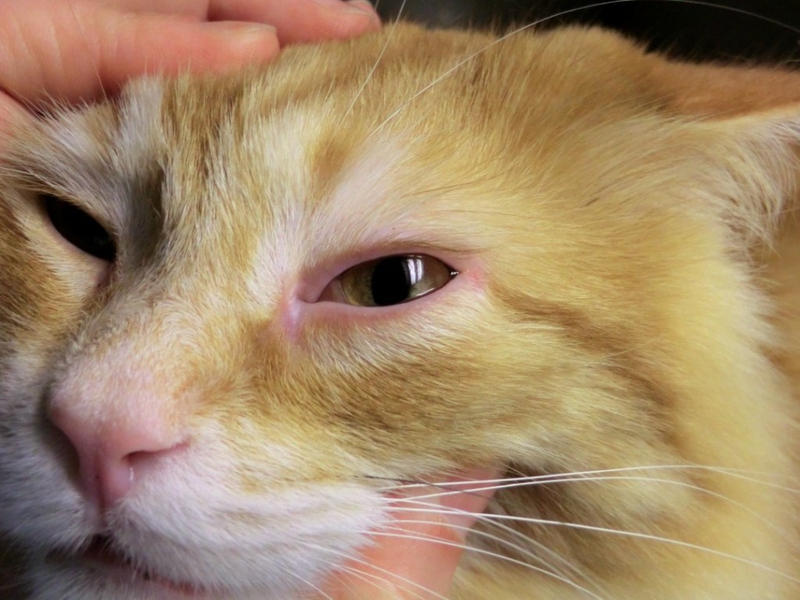
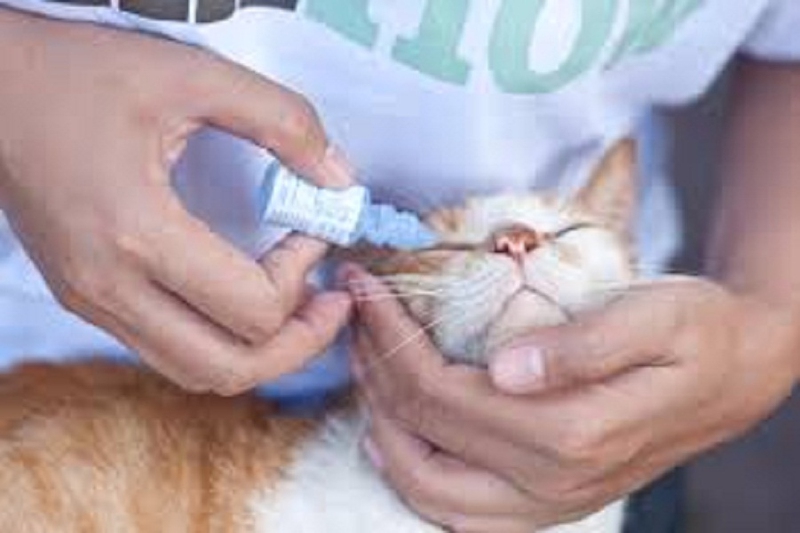
View All Comments /Add Comment